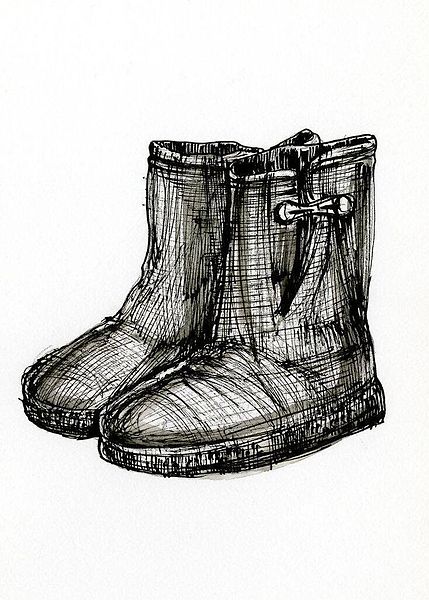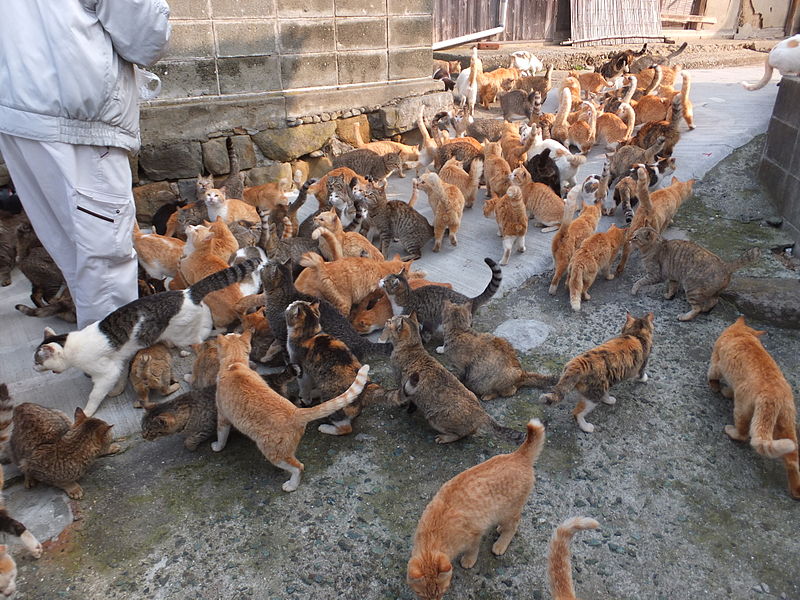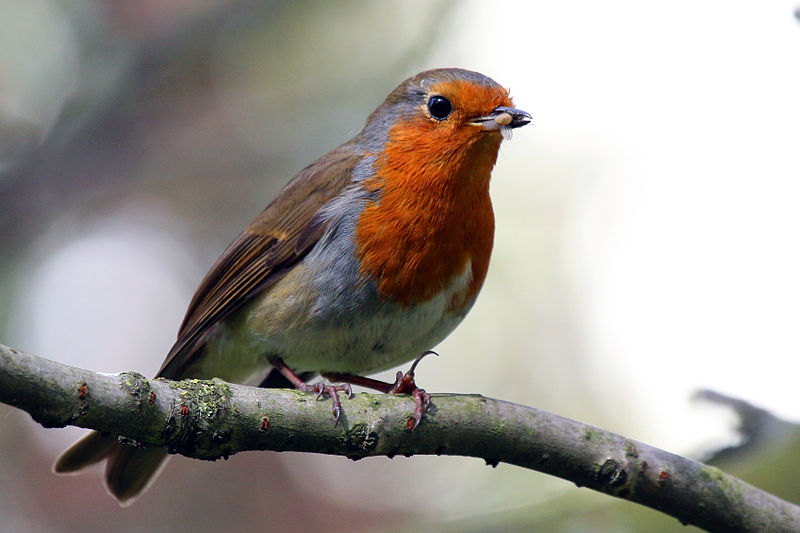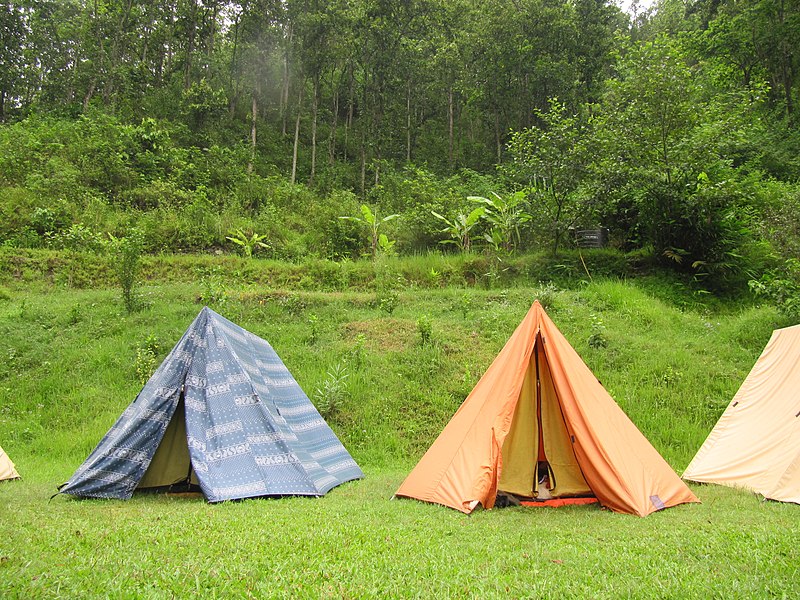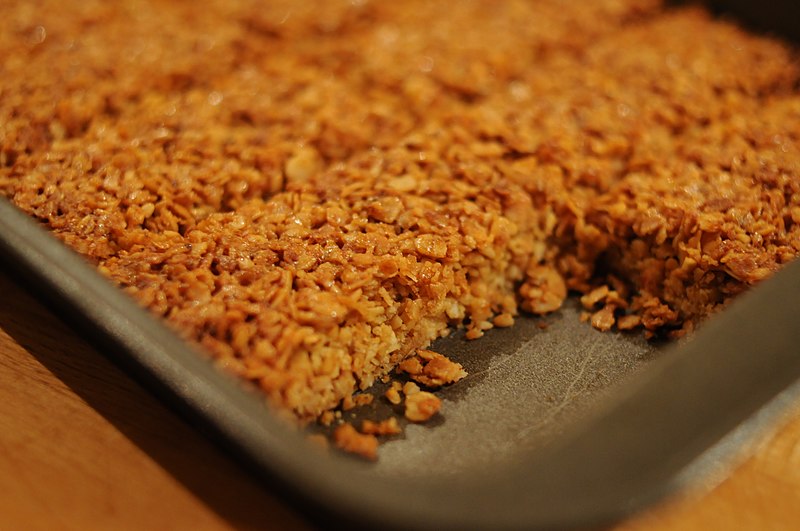Lately - and this is a good thing - a trend has started for clothing companies to give some idea in their catalogues of the size of their models.
Millicent is 5'8" tall and a size 8, it will say.
This still leaves us with the problem that we don't know if this is a British size 8 or an American size 8 (a British size 8 is an American size 4); and also with the other problem that anyone anywhere else in the world will probably not know that 5'8" means five feet and eight inches (which is the same as 1 metre 73 centimetres in most other places, a foot being twelve inches (or thirty and a half centimetres) and an inch being about two and a half centimetres).
Still, on the whole it's helpful.
But you have to be careful. My husband was sent an advertisement for this jumper the other day. It looks jolly warm and cosy - and it probably is - until you read the small print:
Smart enough to add polish to your casual separates and relaxed enough for at-ease, weekend wear, this fantastic all-rounder is a smart, versatile buy. For effortless style, why not try adding it to your favourite jeans-and-trainers, weekend-ready combination?
Features
100% Pure Wool
Crew neck
Aran style pattern on front and back
Long Sleeves
Regular Fit - True to Size
Machine Washable
Our model wears a size Medium and is 6" tall
**
6" tall..?
Six inches?
Good grief. That's only just over 15cm. That's only about half the size of Action Man!
Well, I know they call them models, but I didn't know they took it that literally.
Still, I suppose if you know a chilly garden gnome...
Word To Use Today: size. This word comes from the Old French sise shortened, from assise, session (as in a court session leading to a judgement) from asseoir, to sit. It's not unrelated to the word assess.



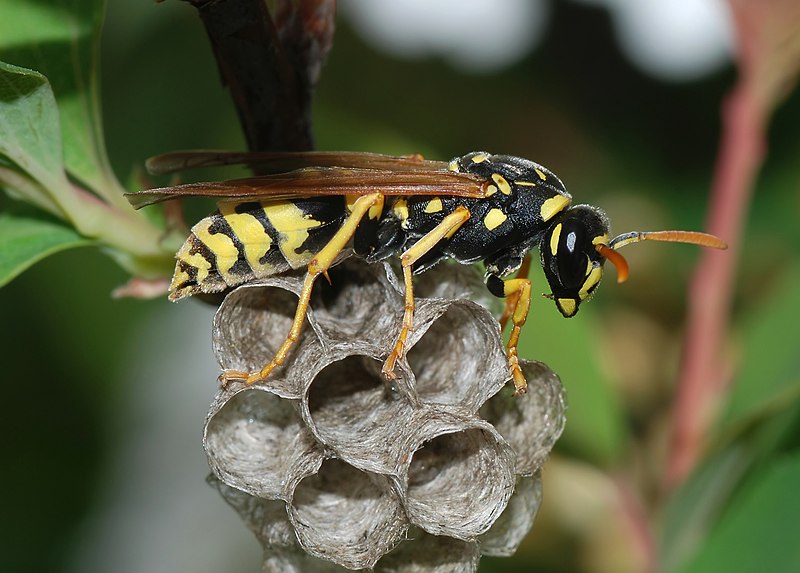


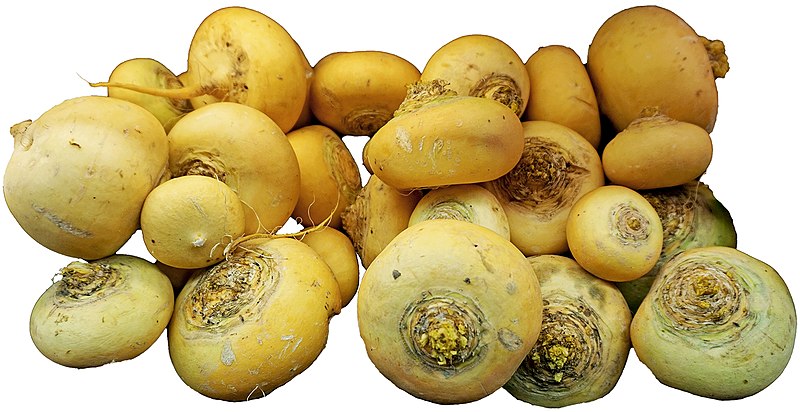
 This wonderful portrait is by L
This wonderful portrait is by L